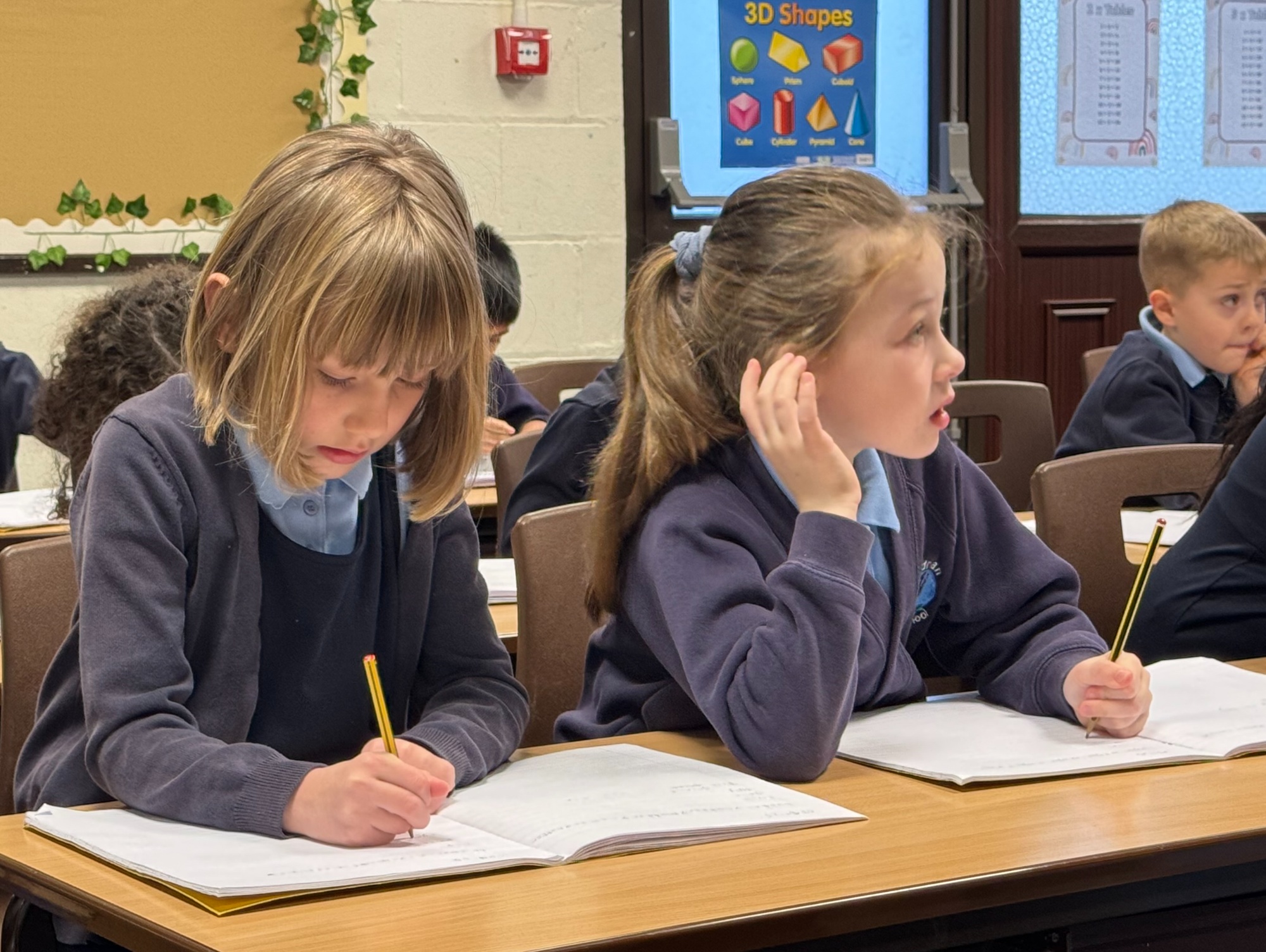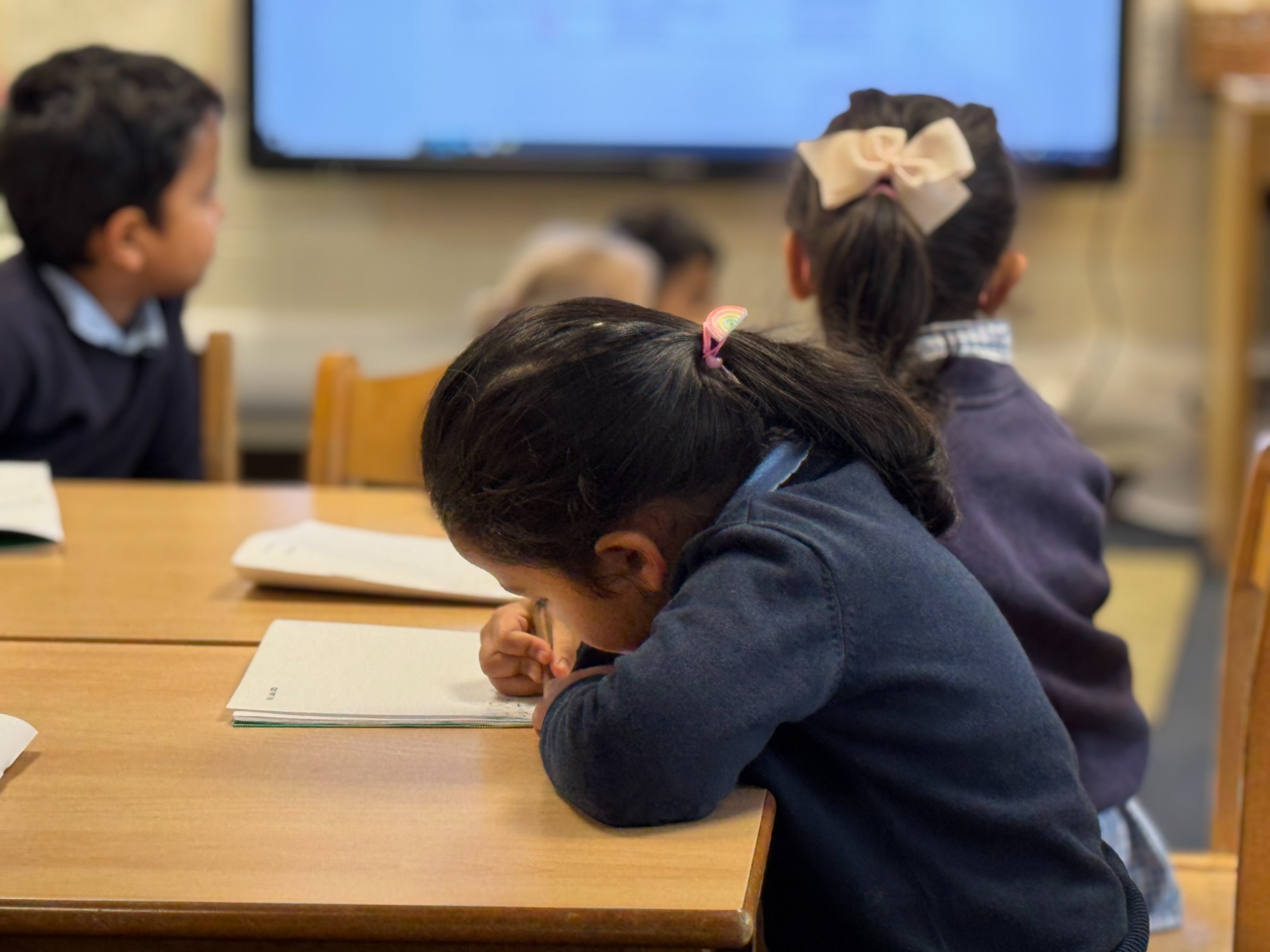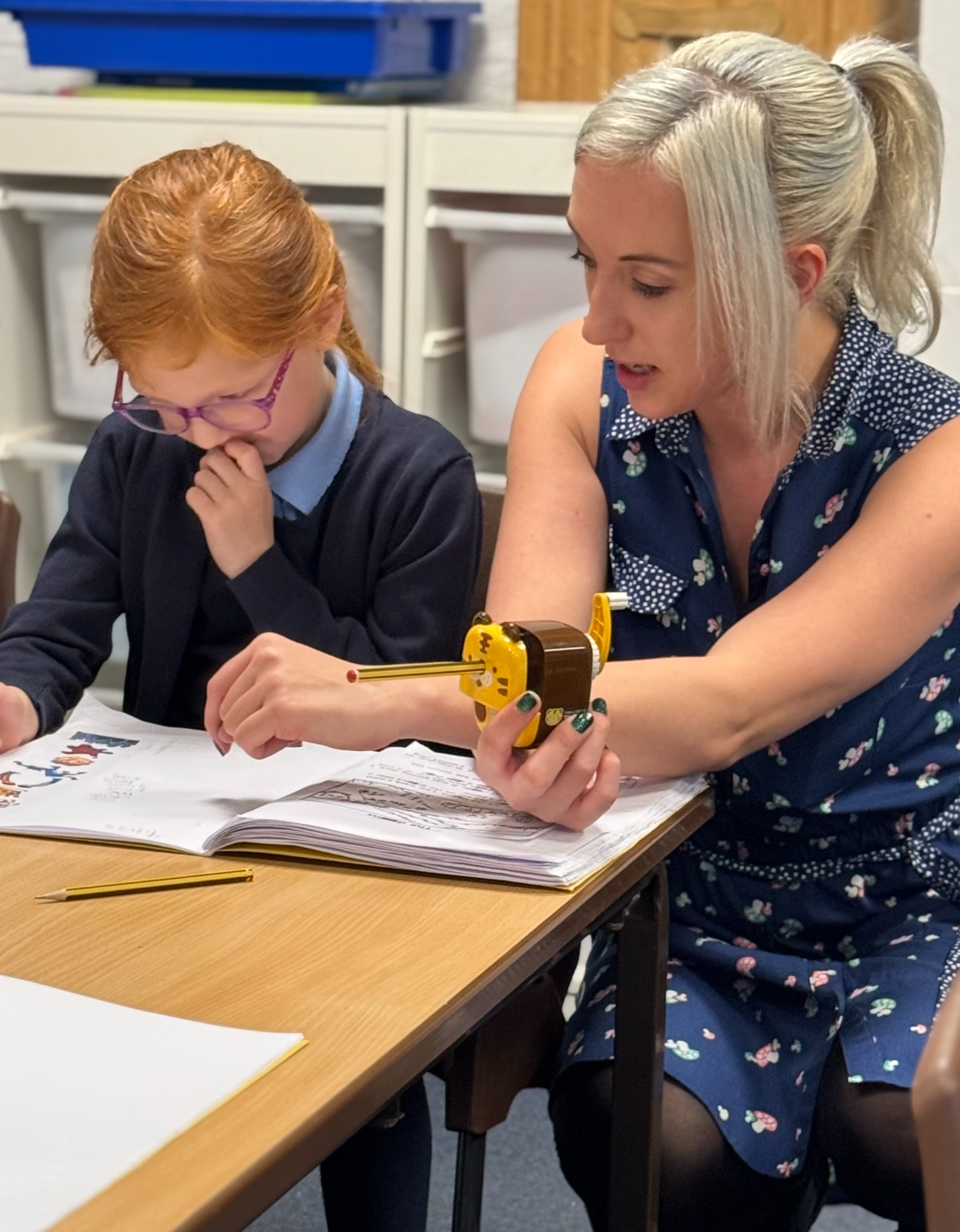Equality Objectives
Hadrian Primary School is committed to the principle of equality for all pupils irrespective of race, religion, gender, language, disability or family background, and to the active support of initiatives designed to further this principle. We believe that equality is at the heart of good educational practice and comply with the public sector equality duty. All pupils are of equal value and deserve equal access to every aspect of school life. They have equality to learn and work towards their highest possible levels of achievement. The vision and values which we uphold as a school help to emphasise equality for all staff and pupils at all times. All personnel are responsible for ensuring that we implement this policy.
Equality means that discrimination on the basis of race, religion, gender, sexuality, language, disability or family background is not acceptable.
Aims & Objectives
We aim to ensure that every member of the school community is given equality to achieve their full potential – each individual is entitled to work in a supportive environment. In order to achieve this we are committed to:
- equal access and treatment for all
- being responsive to changing needs
- educating and informing children and parents about the issues in this policy
avoiding prejudice - promoting a positive self-image and mutual respect, regardless of differences
providing for all, according to their needs - ensuring that equality of opportunity permeates the whole curriculum and ethos of the school
- using resources and examples which provide a positive image of all groups
- acknowledging the richness and diversity of British society and to prepare children for their part in this
- working to an agreed code of conduct which can be modified, monitored and evaluated according to current best practice
- developing a positive attitude to equality by all staff, children, parents and all who participate in the life of the school.
We recognise that discrimination can be overt or covert. Covert discrimination relates to the assumptions, beliefs and values acquired over a long period of time which affects instinctive responses.
Gender
We take practical steps to ensure that we do not make assumptions about pupils’ participation in activities based upon their gender. Our organisational structure, behaviour policy and curriculum are applied to all, regardless of gender. Classes are formed on a chronological basis and class groupings are flexible. Grouping into sets of girls or boys only is discouraged, except where doing so provides equal access for all.
Participation rates for both genders are tracked by members of staff undertaking after school club provision and all after school clubs are open to pupils of both genders. The school’s Physical Education subject leader tracks rates of participation in all aspects of physical education to ensure that rates are equal and high for both genders. The school’s Personal, Social and Health Education curriculum (PSHE) seeks to build upon these principles to ensure that key messages of participation in all areas of school life are communicated to staff and that, for example, disability should not be a deterrent in participating in all aspects of school life at all levels.
We analyse our SATs test results by gender in order to ensure that we identify any issues which need addressing related to perceived gender bias. When asking children to carry out tasks or represent the school, boys and girls are used equally. All extra – curricular activities are open to both sexes.
Race, Faiths, Languages and Family Background
We have represented in our school population many different nationalities, faiths, family backgrounds and organisations. Racial discrimination is unlawful and we aim to help our pupils to develop concepts, skills, attitudes and ways of behaving which will promote good relationships and prevent ignorance and prejudice.
Children sometimes experiment with racist expressions which they have heard through the mass media or from the community and do not understand how hurtful and harmful they can be. We aim to treat such incidences sensitively and firmly because all have the right to be protected from insults, abuse and bullying. Monitoring will allow us to identify trends which need addressing.
Children and other adults are encouraged to contribute to school life from the richness of their heritage and religion. They share experiences and learn from one another through enquiry, investigative and collaborative work.
The 1981 Education Act and the Education Reform Act of 1988 placed the onus on class teachers to access the curriculum to all children equally. Our school curriculum requires a breadth, balance, relevance and differentiation which will enable each pupil to participate at an appropriate level. The match of pupil to a modified curriculum is relevant to the more able child as much as to the child experiencing difficulty in learning. These issues are addressed in the policies for SEND and for Teaching and Learning.
Staffing
The school values diversity amongst the staff. In all appointments the most suitable candidate will be appointed on professional criteria and recruitment carried out in a manner consistent with ‘equality for all’ practice.
Positive action
Positive action will be fostered in line with current best practice.
- Staff will use examples in their teaching to demonstrate the advantages of a mixed society and the contributions of individuals of all genders, races, age groups, etc.
- Team work is encouraged in all aspects of school life to show the advantages of pooling experience, knowledge and various viewpoints.
- Positive action, especially by pupils, will be rewarded.
- Assembly times will reinforce good behaviour in the area of equal opportunities and involve peer groups in the approval (or disapproval) process.
- Clear and consistent messages will be given regarding the school’s values.








